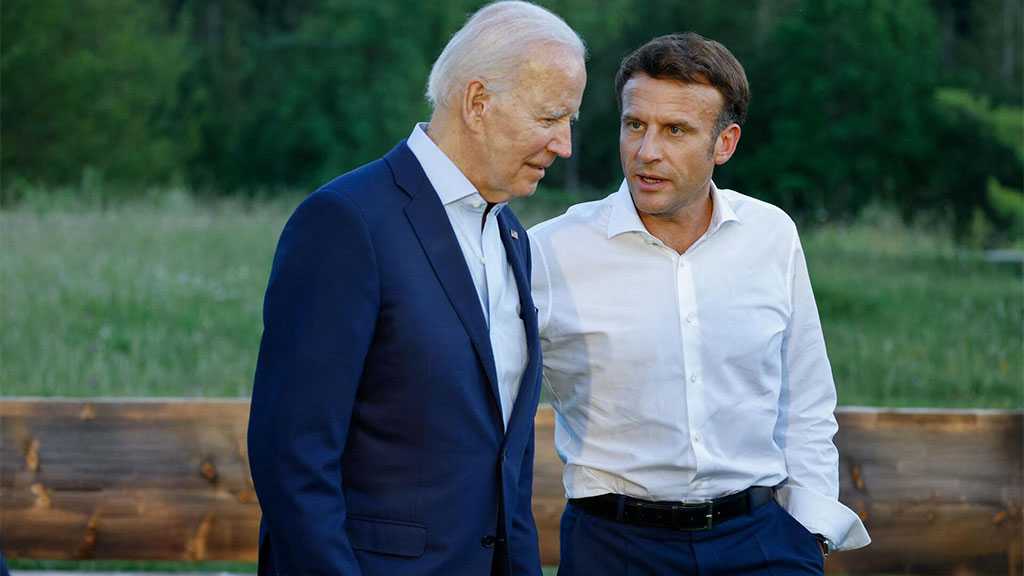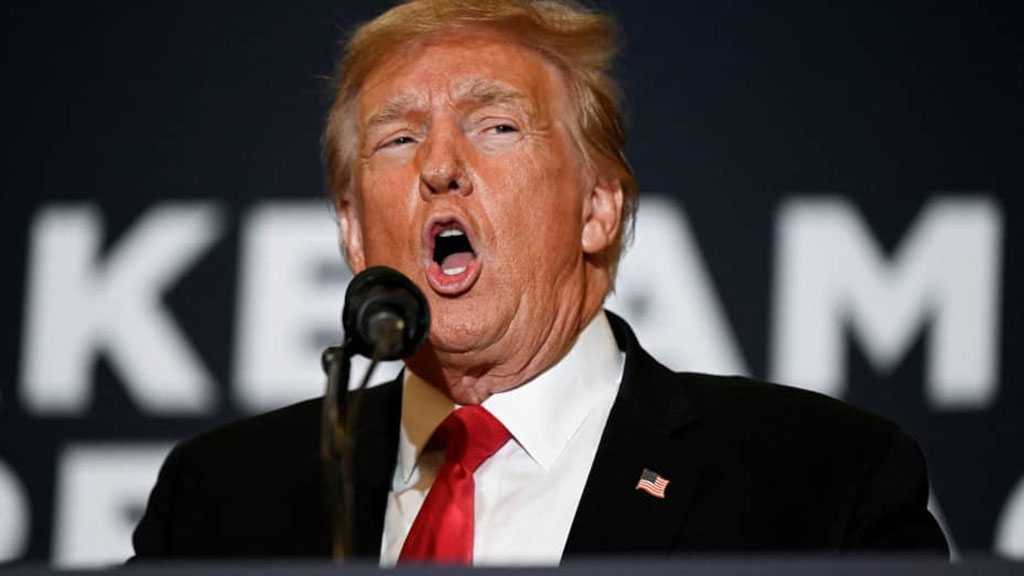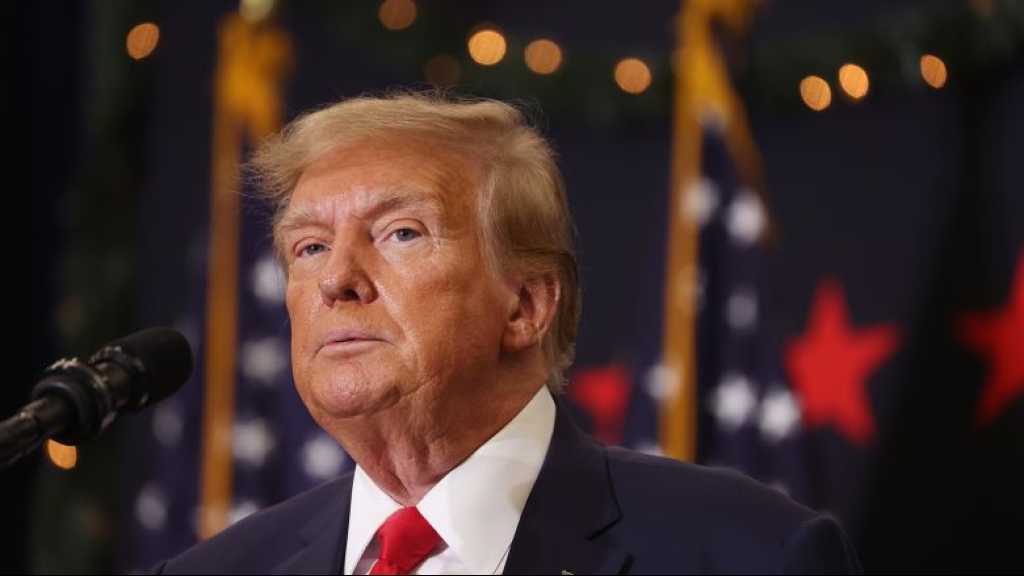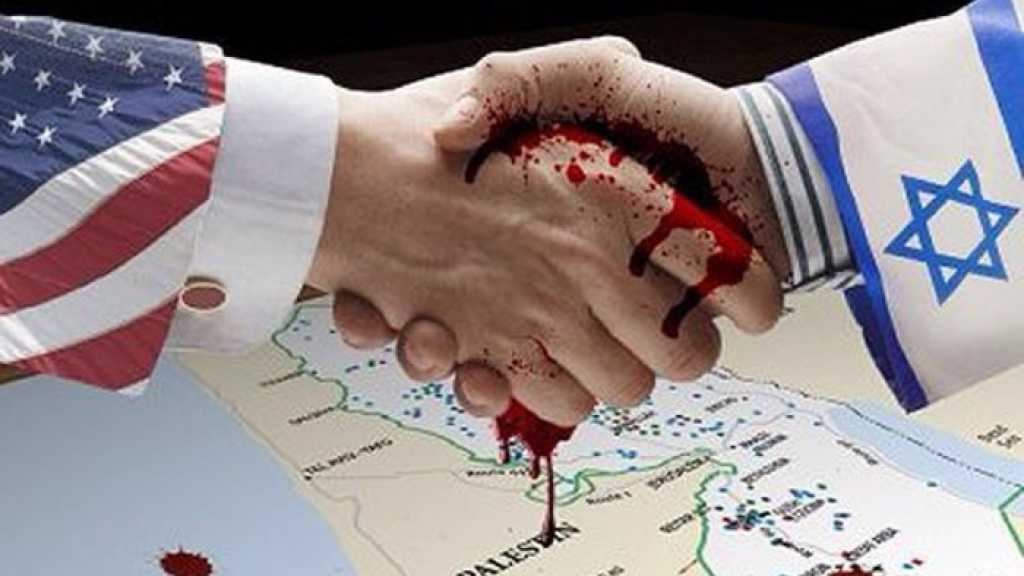
Macron Visits US as EU Fears America Would Gut European Industry

By Staff, Agencies
While the EU supported US sanctions against Russia after the start of Russia's special military operation in Ukraine, European officials were not happy with the ensuing economic crisis that hit the bloc. The US economic policies heavily prioritizing American market only contribute to the tensions between Brussels and Washington.
French President Emmanuel Macron arrived in Washington for an official four-day visit, becoming the first head of state to travel to the US since the beginning of Joe Biden's presidential term.
According to the American press, Macron would urge his US counterpart to mitigate the effects of the Inflation Reduction Act, making exemptions for European companies, the American press suggested.
The legislation, which is expected to come into effect in January, stipulates massive support for American industry, including subsidies and tax credits for products assembled in North America or created with American parts. So, reports said that European officials are extremely worried that the act, alongside skyrocketing energy prices, would make many manufacturers shift their production to the US.
“We need a Buy European Act like the Americans," Macron said last month, addressing the economic problems within the EU. "You have China protecting its industry, the United States protecting its industry, and Europe is an open house."
Moreover, Macron's US trip comes just a week after the French president hosted a dinner for top European businessmen, including execs from the BMW group, British-Swedish pharmaceutical company AstraZeneca, French industrial gases producer Air Liquide SA, and many others.
In the meantime, Washington also noted that the economic cooperation between the US and Europe would be one of the key points at Biden-Macron talks.
"We want to understand the concerns. We’re absolutely willing to have that conversation and to find a way to work through those issues of concern," the National Security Council’s coordinator for strategic communications John Kirby noted.
The European economy took a major blow after the EU adopted sanctions against Moscow, citing the Russian military operation in Ukraine.
While Moscow warned the European countries that such steps would "suicidal" for the bloc, crippling its economic prospects, Brussels adopted several rounds of sanctions against Russia and massively boosted purchases of liquified natural gas.
As a result, the sanctions exacerbated issues on the global energy markets and damaged supply chains, which caused a wave of inflation and rising energy prices.
Comments
- Related News



